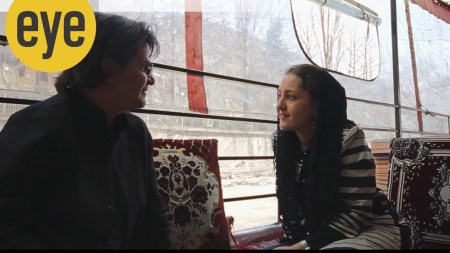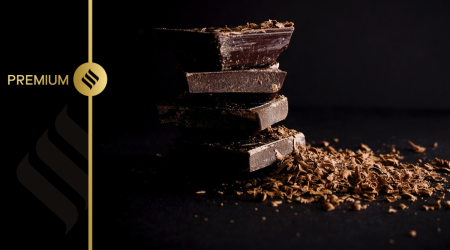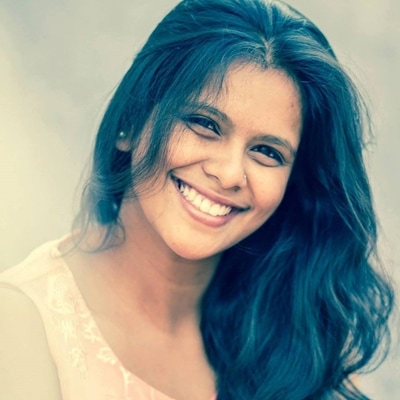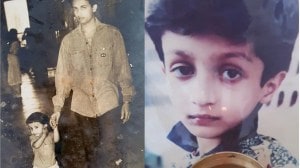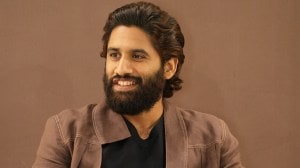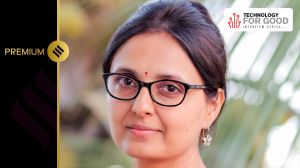- India
- International
Explained: Why babies must only be breastfed for 6 months
Doctors say breastfeeding should start as soon as possible, preferably within one hour of birth, and babies should be exclusively breastfed for six months.
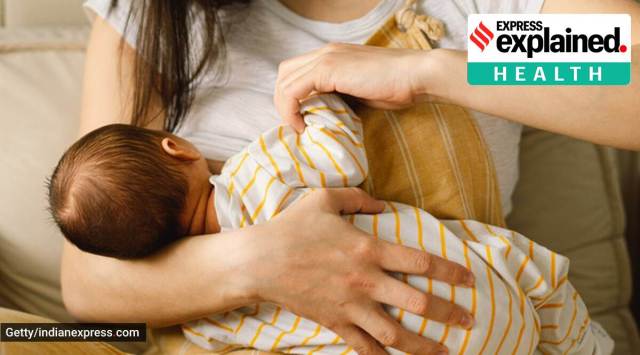 Some have noted that feeding newborns honey could lead to a rare but serious infection called botulism. (Photo: Getty/Thinkstock)
Some have noted that feeding newborns honey could lead to a rare but serious infection called botulism. (Photo: Getty/Thinkstock)In recently published guidelines on nutrition, the Central Council for Research in Ayurvedic Sciences recommended that newborns be given a mixture of ghee and honey, a paste of gold, and several herbs some of which contain psychoactive ingredients. The guidelines recommend just honey and butter with some herbs on the first day of birth, ghee with herbs on the second day, and colostrum (mother’s first milk) with ghee and honey only on the third day of birth.
Several doctors have called out these guidelines for contradicting the proven benefits of breastfeeding. Some have noted that feeding newborns honey could lead to a rare but serious infection called botulism.
When should breastfeeding start?
Doctors say breastfeeding should start as soon as possible, preferably within one hour of birth, and babies should be exclusively breastfed for six months. “It is important that babies start breastfeeding soon after birth; the colostrum is rich in antibodies and protects them from infections. In fact, honey, sugar, salt, nuts, and cow’s milk should not be given to a child until age 1,” said Dr Nitin Verma, director, Madhukar Rainbow Children’s Hospital.
He said consuming honey before that age is linked to botulism, poisoning caused by a bacterial infection that leads to weakness of the muscles of the eye, face, mouth, and throat, which can spread to the torso and legs as well. Although spores of the bacterium are widely present in the environment, contaminated honey is one of the reasons for infant botulism. The World Health Organization, the US Centers for Disease Control and Prevention, and Mayo Clinic all recommend against honey being given to children below age 1.
Dr Roopali Dewan, professor of obstetrics and gynaecology at Safdarjung Hospital, said: “Early breastfeeding also increases the quantity of milk expressed by the mother and increases their bonding. In our hospital, our nurses ensure that breastfeeding starts within the labour room. They tell mothers that the children should not consume anything else, not even water, for six months.”
Why six months?

“Breast milk contains adequate calories needed for up to six months. Babies can consume only a certain amount of liquids. Say they can consume 800 ml fluids — if you give them 100 ml of water, they miss out on calories contained in 100 ml of milk,” Dr Verma said.
Semi-solid food should be introduced after six months. “It is only after six months, when the infant’s weight doubles, that breastmilk isn’t enough and they need complementary nutrition in the form of semi-solid foods,” said Dr Suneela Garg, professor of community medicine at Maulana Azad Medical College.
Dr Verma said, “This sort of messaging [about honey and herbs] just confuses people, especially those who aren’t very educated. It is good to have one clear message that there should be exclusive breastfeeding for six months.”
How widely are breastfeeding guidelines followed in India?
“Despite our best efforts, only about 56% to 60% of women breastfeed their children. Some aren’t able to, but some also go for formula milk. But that is not recommended. Bottles are actually a major killer. For bottle feeding, it has to be sterilised for 10 minutes in rolling boiled water after every use. It is not possible to maintain 100% sterilisation all the time and this leads to diarrhoea in children,” Dr Garg said.
“It is also difficult to adjust the proportions of the formula. People tend to put say one spoon in one glass of water, but that is actually dilute. The formula box should get over in eight to ten days ideally and it is very expensive. But less feed might lead to malnutrition,” she said.
More Explained
EXPRESS OPINION
May 04: Latest News
- 01
- 02
- 03
- 04
- 05







